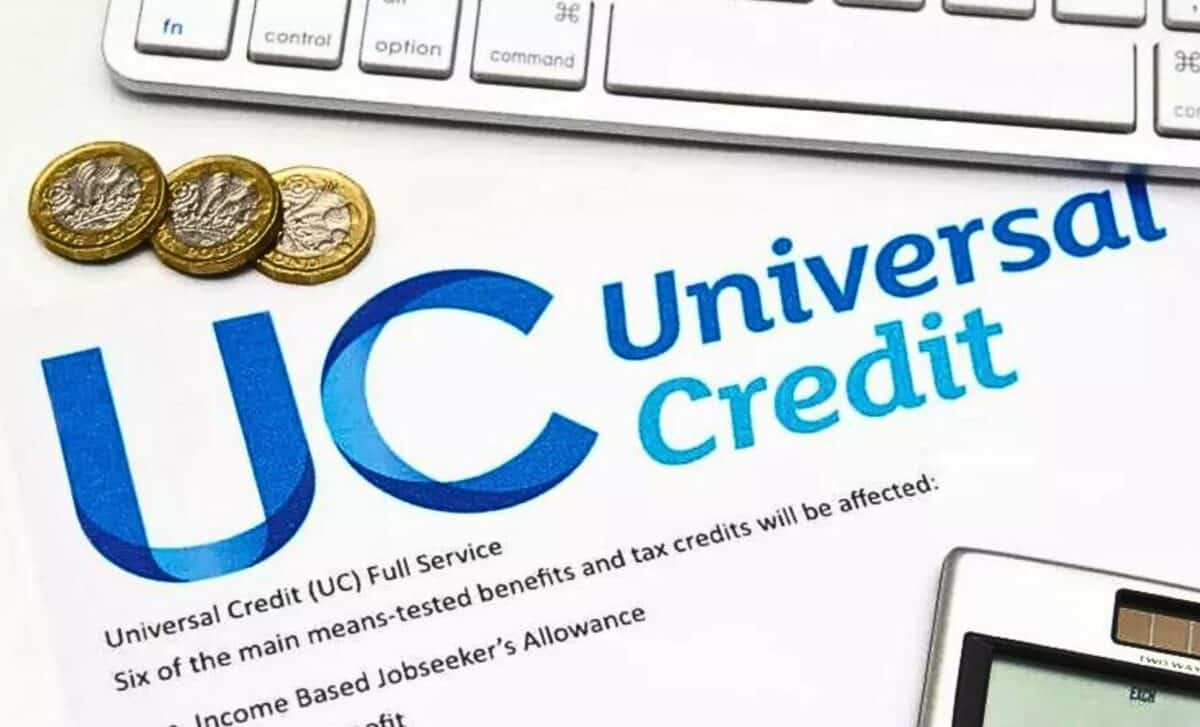New rules have been introduced for Universal Credit claimants, one of the most popular benefits in the UK with over 6 Million claimants. Universal Credit can be claimed from the Department for Work and Pensions (DWP) if you are unemployed or employed on a low income.
However, certain regulations must be complied with, and failure to do so may result in the loss of benefits. Recently, new working rules have been introduced, affecting around 180,000 people who will have to increase their working hours to keep their benefits. Below are the details of these changes.
Universal Credit Allowance Entitlements
The amount of Universal Credit varies according to individual circumstances, such as age, marital status and whether you have children. Although there is no fixed monthly amount, there is a standard allowance, with additional payments available to eligible claimants to cover extra costs.
The total amount, before deductions, is determined by your income, savings and other factors. From April 2024, the standard allowance rates are as follows:
- Single under 25: £311.68 per month
- Single 25 or over: £393.45 per month
- Joint claimants both under 25: £489.23 per month
- Joint claimants, one or both 25 or over: £617.60 per month
Additional amounts may be claimed if you have children, with higher rates for disabled children.
Employment and Universal Credit
Universal Credit is available to unemployed people and those on low incomes. It is possible to work while receiving Universal Credit; however, the amount of the allowance decreases as your income increases. This reduction is governed by the taper rate, currently set at 55%, which means that 55 pence is deducted from your Universal Credit for every pound you earn.
Some claimants may be entitled to an in-work allowance, which allows them to earn a certain amount before the reduction in benefit applies. This is usually the case for people with childcare responsibilities or a disability that affects their ability to work.
The Universal Credit payment is always reduced by 55 pence for every pound earned above the Working Allowance. There are two rates of Working Allowance, depending on whether you are in receipt of Housing Benefit:
- Higher work allowance (no housing amount) for those with dependent children or limited work capability: £673 (up from £631)
- Lower work allowance (with housing support) for those with dependent children or limited work capability: £404 (up from £379)
Universal Credit Work Requirements
All claimants are categorised into one of four work activity groups, which set out the expectations for the continuation of Universal Credit rights. According to Citizen’s Advice, these groups are:
- No work-related requirements group: No obligations to prepare for or seek employment.
- Work-focused interview group: Required to attend regular meetings with a work coach.
- Work preparation group: Must meet with a work coach and engage in activities such as CV writing and training.
- All work-related activity group: Must actively seek and apply for jobs and attend interviews.
For those deemed fit for work, the DWP classifies claimants into the “Light Touch” or “Intensive Work Search” groups, determined by the Administrative Earnings Threshold (AET).
The AET is based on monthly earnings, with those earning more than the threshold classified as ‘Light Touch’ and those earning less classified as ‘Intensive Work Search’. People in the latter group have to increase their hours of work to keep their benefits.
The Government raised the threshold for ETA this month, forcing more claimants to look for extra work. Since 13 May, the ETA has been set at 18 hours a week, compared with 15 hours previously, equivalent to £892 a month.
In the case of couples, the minimum threshold is 29 hours a week, equivalent to £1,437 a month. Failure to meet these conditions may result in benefits being reduced or withdrawn.









